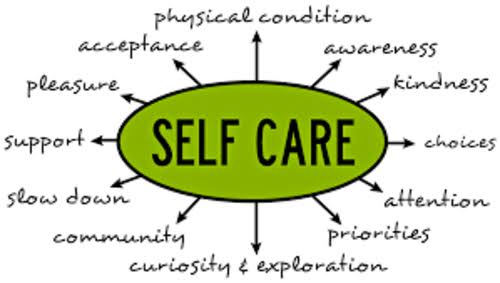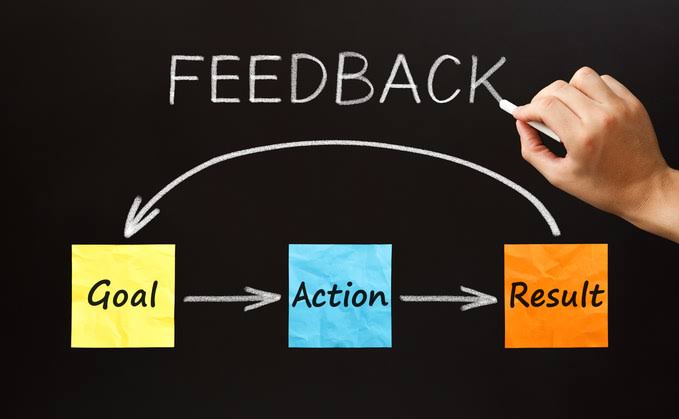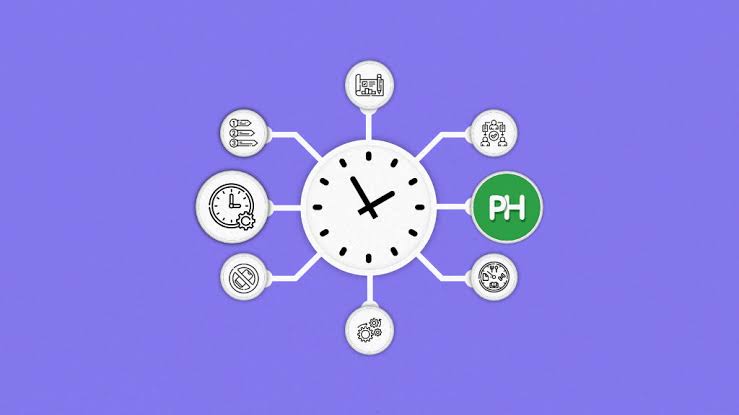Self-care is more than just indulgence or occasional relaxation. It is a deliberate and consistent practice of caring for your physical, emotional, mental, and spiritual well-being. In today’s fast-paced world, where digital overload, work pressure, and social obligations weigh heavily on individuals, self-care has become an essential part of maintaining a healthy and balanced lifestyle. As of July 2025, the conversation around self-care has expanded, emphasizing that true well-being requires proactive, sustainable habits and a strong sense of self-awareness.
The concept of self-care has evolved from being viewed as a luxury to a fundamental component of personal health. It’s not just about bubble baths or vacations—it includes setting boundaries, nurturing relationships, eating well, getting enough rest, and checking in with your emotional state. A growing body of scientific research and mental health advocacy continues to validate its importance in reducing anxiety, depression, and chronic stress.
The Connection Between Physical Health and Self-Care
Physical self-care includes activities that improve the functioning of your body and increase your energy levels. This can involve exercise, nutrition, sleep, regular medical checkups, and even posture. As of July 2025, wearable health technology like smartwatches and fitness rings have made it easier for individuals to monitor heart rate, sleep cycles, hydration, and other vital signs. These insights help people stay in tune with their bodies and adjust their habits accordingly.
Regular physical activity is strongly linked to lower stress levels, improved mood, and better cognitive function. Whether it’s a brisk walk, yoga, or a workout at the gym, movement plays a critical role in flushing out stress hormones and boosting feel-good chemicals like serotonin and dopamine. Sleep, another pillar of physical self-care, is often overlooked, yet it is foundational. Research continues to show that consistent, high-quality sleep can prevent a range of health problems from weakened immunity to mental fatigue.
Mental Health Benefits of Self-Care Practices
Prioritizing your mental health is not a sign of weakness—it’s an act of strength and foresight. Emotional and psychological self-care involves everything from mindfulness practices and journaling to therapy and setting boundaries. With the increasing pressure of remote work, economic uncertainty, and digital overstimulation, mental well-being has become one of the most urgent public health topics in 2025.
One effective mental self-care practice is mindfulness, which involves being fully present in the moment without judgment. Regular mindfulness and meditation reduce rumination and anxiety, helping you build emotional resilience. Journaling is another powerful method, allowing you to express thoughts, track moods, and gain clarity on challenges. These simple but consistent habits can shift your mindset, foster gratitude, and prevent burnout.
Seeking therapy has also become more normalized and accessible, especially with the rise of telehealth platforms and AI-powered mental health assistants. Many people now integrate weekly therapy sessions into their self-care routines as a preventive measure rather than waiting for a crisis.
Digital Detoxing and Managing Screen Time
In a hyper-connected age, digital fatigue is a serious issue. The average adult in 2025 spends more than nine hours a day in front of screens—be it phones, computers, or televisions. Excessive screen time can lead to eye strain, poor posture, and sleep disturbances. More subtly, constant digital interaction can also affect self-esteem, attention span, and overall mental clarity.
Implementing a digital detox—regular periods of disconnecting from screens and online platforms—can drastically improve focus and emotional regulation. Setting boundaries like avoiding screens an hour before bed, limiting social media use, and turning off non-essential notifications can help you reclaim your mental space. It’s also beneficial to create screen-free zones in your home, such as the bedroom or dining area, to support healthier routines.
Nourishment and Hydration as Self-Care Essentials
Nutrition and hydration are often underestimated aspects of self-care. What you consume directly affects your energy levels, mood, and concentration. In 2025, the popularity of personalized nutrition plans powered by AI-driven health apps has surged. These apps provide meal suggestions based on DNA, activity levels, and even gut health, helping individuals make informed dietary choices.
Staying hydrated is equally crucial. Water supports digestion, brain function, joint health, and energy regulation. Yet many people still fall short of their daily hydration needs. Self-care means making time to prepare wholesome meals, avoiding processed foods, and staying consistently hydrated throughout the day. These simple practices reinforce your body’s ability to function optimally and reduce susceptibility to illness.
Creating a Sustainable Routine
Consistency is key in self-care. Sporadic or reactionary self-care practices may provide temporary relief, but sustainable routines are what truly make a long-term impact. Building a weekly schedule that includes designated time for rest, movement, hobbies, and reflection helps to stabilize both body and mind.
Routines provide structure, which is particularly helpful during uncertain or high-stress periods. They act as anchors, reminding you to pause and care for yourself. Whether it’s a morning ritual that includes stretching and gratitude journaling or a Sunday evening bath and digital detox, these repeated actions form the backbone of a healthier lifestyle.
It’s also important to reassess your self-care routine regularly. As life circumstances change—new job, relocation, health changes—so should your self-care approach. Flexibility ensures that your practices remain effective and relevant.
Social Self-Care and the Importance of Relationships
Human connection is a cornerstone of emotional well-being. Social self-care involves nurturing relationships that uplift and support you. This might mean spending time with friends, calling family, joining a community group, or seeking support networks. As loneliness and isolation continue to impact people of all ages, maintaining strong social bonds is more important than ever.
Making time to connect, even briefly, can significantly improve your mood and reduce feelings of isolation. It’s also vital to set boundaries with people who drain your energy or add unnecessary stress. Self-care includes the courage to say no and protect your emotional space.
Conclusion: Self-Care as a Lifelong Commitment
The importance of self-care in 2025 cannot be overstated. As the world grows more complex and demanding, prioritizing your health—both physical and mental—is a non-negotiable investment in your future. Self-care is not about perfection or elaborate rituals. It’s about consistently choosing actions that nourish you, restore balance, and strengthen your capacity to cope with life’s challenges.
From exercise and sleep to mental clarity and social support, self-care touches every area of life. By embracing self-care as a lifelong commitment, you not only improve your own quality of life but also show up more fully for those around you. Ultimately, it is through self-care that we sustain our strength, fuel our purpose, and cultivate inner peace in a world that never slows down.



